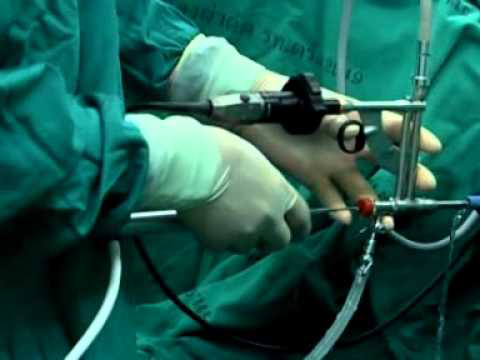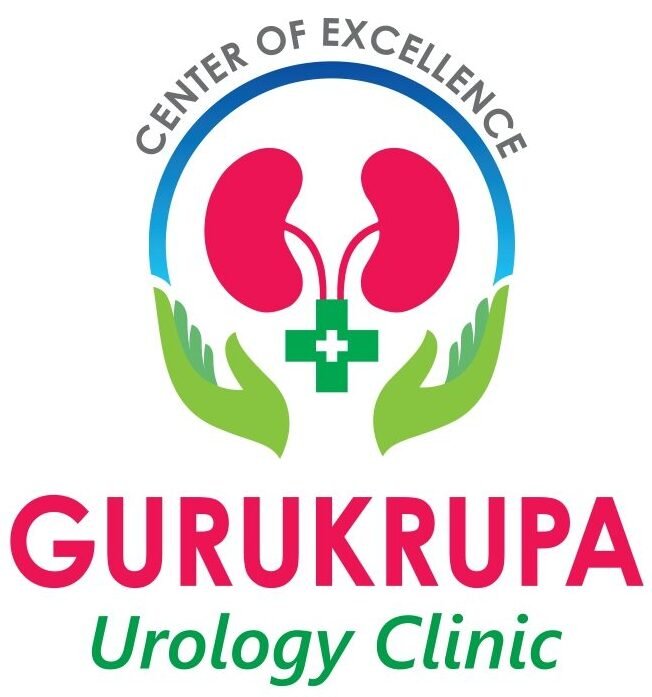Urinary Bladder stones (CYSTOLITHOTRIPSY)
What are the types of cystolitholapaxy procedures?
Adults with bladder stones are most usually treated with transurethral cystolitholapaxy. It is carried out when the patient is sedated broadly or locally. Rocks are removed using a cystoscope inserted into the bladder through the urethra.
When transurethral cystolitholapaxy is not acceptable or practical, percutaneous suprapubic cystolitholapaxy is used. Under general anesthesia, medical treatment is carried out. A single entrance point (approximately 1 cm) in the lower midsection’s skin is needed for this treatment, and an empty cylinder (sheath) is placed through which the cystoscope is inserted, and stones are removed.

What are the complications of cystolitholapaxy?
Urinary plot diseases are the most well-known intricacy related to a cystolitholapaxy. Around 1 of every ten individuals foster urinary lot diseases (UTIs) after a bladder medical procedure. UTIs might be treated with anti-microbials.
In uncommon cases, a hole (tearing) of the gut might happen during a percutaneous suprapubic cystolitholapaxy. Deferred scar development in the urethra or draining is another unusual difficulty. Other potential problems related to a medical procedure might occur, including the development of blood clusters in the lungs or legs, diseases, or death.
What should a patient expect after a cystolitholapaxy?
A catheter might be embedded into the urethra or bladder to empty pee of the body after the activity. It generally stays set up for 24 to 48 hours, yet how much time might fluctuate. You might feel inconvenienced while passing pee for a few days in the wake of getting back. There might be a modest quantity of blood in the pee. It’s alright to take medication to alleviate agony or distress.
It might require about seven days to recuperate from a cystolitholapaxy. Plan to go home for the weeks’ work and additional time if your occupation requires an actual or complicated job.
- Develop a fever.
- Have severe pain while urinating.
- Have heavy bleeding.
- Can’t pass urine.
What is the outlook for patients after a cystolitholapaxy?
You should plan a subsequent meeting with your PCP about a month after the technique. X-beams or a CT sweep might be performed to guarantee that the bladder stones have been removed. A few patients might have to undergo another surgery, called an open cystotomy, if the cystolitholapaxy was ineffective in eliminating the bladder stones.
Bladder stones can return except if the primary condition that caused them is dealt with. Examine possible treatment choices with your primary care physician.
Book a Consultation with Dr. Mayur Dalvi
If you are seeking effective (URSL) , Dr. Mayur Dalvi is ready to assist you. Take the first step towards a stone-free life by booking a consultation with Dr. Mayur Dalvi. During the consultation, he will evaluate your condition, discuss treatment options, and develop a personalized plan to address your specific needs. To book an appointment, contact our clinic today.
Dr. Mayur Dalvi, an esteemed best urologist in Aurangabad, offers comprehensive kidney stone surgery solutions with advanced techniques and personalized care. With his expertise and dedication to patient well-being, Dr. Dalvi ensures optimal treatment outcomes and improved quality of life for individuals suffering from kidney stone issues. Book a consultation with Dr. Dalvi today and embark on your journey towards a kidney stone-free future.
